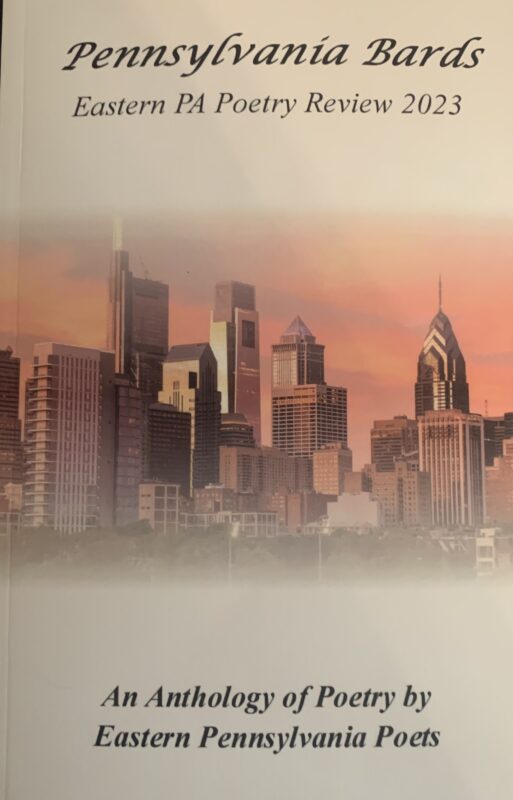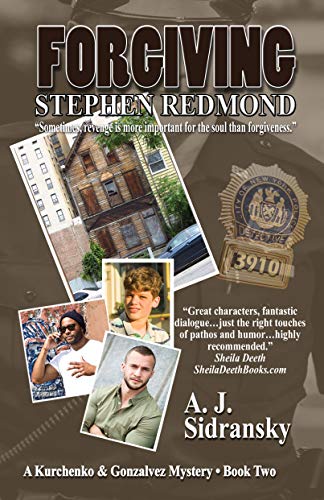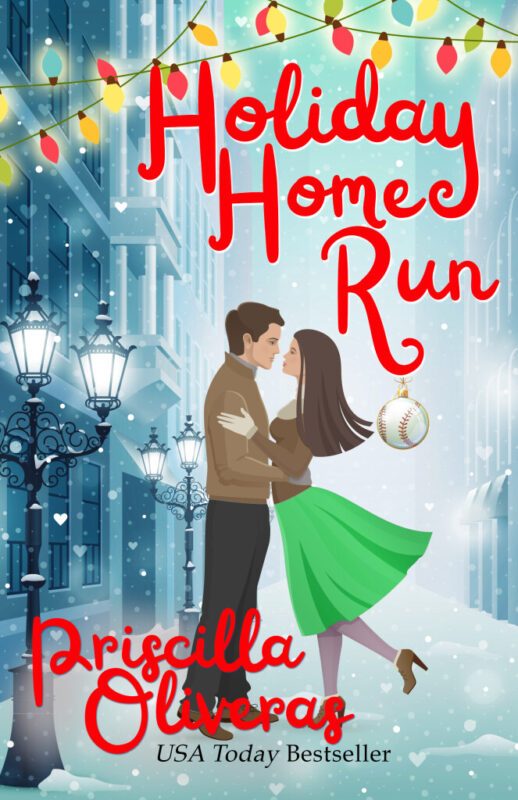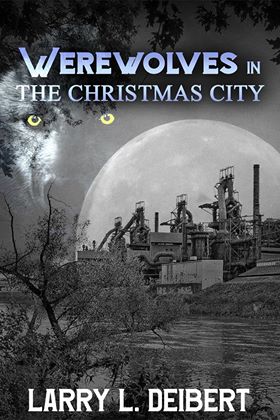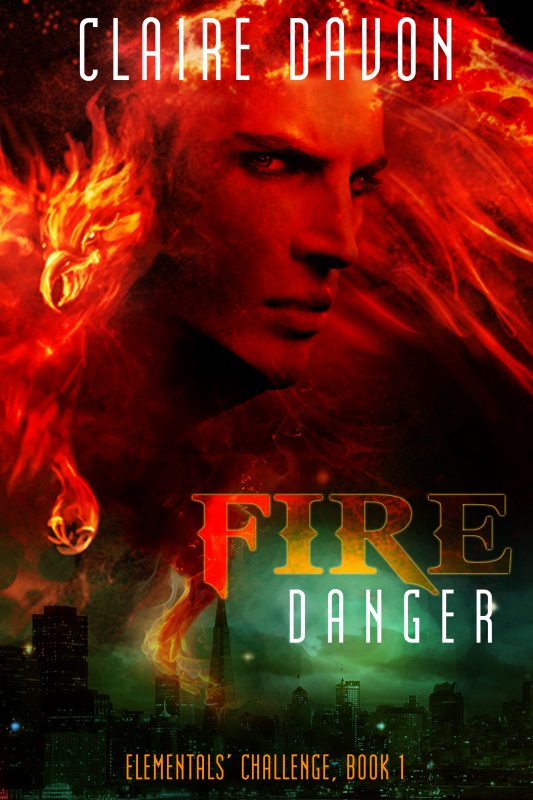Write
June 20, 2020 by Meriam Wilhelm in category A Bit of Magic by Meriam Wilhelm, WritingI read this quote in Daily Inspirational Quotes the other day and it made me think…
Don’t write your name on the sand, waves will wash it away.
Don’t write your name in the sky, the wind may blow it away.
Write your name inside the hearts of people you come in touch with. That’s where it will stay.
Maybe that’s what we’re all hoping to do each time we write a blog, an article or a book. We hope that somehow our words might just touch the heart of someone new and lighten their load, spark a curiosity or bring a hint of laughter. But the words in this particular quote felt incomplete and left me wanting more, so I added my own line. Perhaps you’d like to add one too?
Here’s mine – Write down your thoughts in stories that inspire, intrigue, probe, caress or challenge – a subtle reminder that we’re all on the same road, searching for our own enlightened serenity.
CHOICES
June 19, 2020 by Jenny Jensen in category On writing . . . by Jenny Jensen, Writing tagged as inspiration, writing, writing craft
In the oceans of writing instruction and advice available to anyone with a search engine I look for everything publishers have to say about current trends. Since you can’t really access publisher’s marketing info — and certainly not Amazon’s sales data — that’s as close to the horse’s mouth as I can get to learn about sales trends. That’s info that helps me help my clients. One offering stands out about contemporary fiction: keep the narrative fast paced. This digital world of FX, Twitter, flash fiction, etc. has our brains wired for lightening fast action. There’s not a lot of room for ruminating on superfluous details of landscape, the nature of family bonds or the sounds of church bells. The story has to gallop from the starting gate to capture and compel a reader. I think we all get that. What’s interesting to me are the narrative techniques an author can use to set and maintain that just-right pace.
Voice and tense are formidable tools to heighten tension, move action and hook and hold the reader. I don’t know what goes into an author’s decisions about what tense and voice to use but I’ll venture to guess it most often comes organically. When a protagonist begins to take shape in the creative sphere of the brain the author hears 3rd Person or 1st Person (which is tricky to write but such fun to read when done well) and the story grows in the mind in the present or past tense. Past tense is most common in fiction (and has been for eons) and is almost always 3rd Person. Present tense is more commonly used with 1st P voice; it creates an immediacy and intimacy that’s very engaging.
I’d never given a thought to 3rd Person present tense. Then I discovered the who-dun-it series of British writer Bruce Beckham. He’s amazing! Set in Britain’s Lake District his detective, Skelgill, is an irresistible mixture of irascible, self-centered, scruffy, generous and intuitive. Every character is roundly drawn and intriguing, the setting is as integral a character as the murderer and the pace never lags. Beckham accomplishes all of this in 3rd Person (omniscient) voice, present tense. It’s an unusual combination but in the hands of this author it is riveting.
It’s how he uses this tool to set and maintain a perfect pace and to draw the reader so fully into his world that amazed me. Reading a narrative described to you by an unknown, unseen, non-judgmental voice as the action unfolds just shouldn’t work. But it does. It’s like having your eyes covered at the movies while a very erudite friend describes what is happening on-screen.
Beckham is a master wordsmith and so uses dialog to show characterization and plot points but the present tense and 3rd P voice puts the reader in a front row seat as the action scenes unfold before our eyes. I didn’t feel as though I was right there — I was right there.
A writer’s choice of voice and tense would have to be dependent, in some part, on the story they are telling. Not every tale will fit just any combination. But it is amazing what a powerful difference the choice can make.

JENNY JENSEN
jennyjenseneditor.com
With a BA in Anthropology and English I pursued a career in advertising and writing and segued into developmental editing. It was a great choice for me. I love the process of creating and am privileged to be part of that process for so many great voices — voices both seasoned and new.
I’ve worked on nearly 400 books over 25 years, books by noted authors published by New York houses as well as with Indie bestsellers and Amazon dynamos. From Air Force manuals and marketing materials to memoirs, thrillers, sci fi and romance, my services range from copyediting to developmental coaching.
Having worked in advertising and marketing, I am always cognizant of the marketplace in which the author’s work will be seen. I coach for content and style with that knowledge in mind in order to maximize sales and/or educational potential. My objective is to help the author’s material stand out from an ever more crowded and competitive field.
Writing Truth
June 18, 2020 by Kidd Wadsworth in category Infused with Meaning by Kidd Wadsworth, Writing
The elusive goal in writing appears to be the creation of magic moments: the beauty of ice coating the bare branches of a tree in winter, the thrill of racing down a basketball court, jumping, and YES! perfectly blocking an opponent’s layup.
But magic moments are pretend writing, like a little girl playing dress-up in her mother’s high heels and pearls. When we grow up, we write truth. More accurately, we sneak truth by the enraptured reader.
We humans like to feel good—think whole body massages. We covet delicious food: prime rib, strawberries, did I mention chocolate? We seek to be entertained: music drifting through high quality ear phones, comedians doubling us over with so much laughter we cry out in pain, “Please, please stop.” We are hedonists content to drift along on the surface of life. Truth? We don’t want truth, that’s way too much work. So, we writers, ensnare our readers in the emotions of our main character. Then as the character encounters truth, so does the unsuspecting reader.
But so powerful is the art form, that if we write without knowing the truth, sometimes the truth reveals itself.
Several years ago, I sat across my kitchen table from a wonderful woman as she told me that she had been sexually assaulted. “Well, I was stupid,” she said. “I shouldn’t have gotten in the car with him. I was trained in self-defense, but I…It was really all my fault.”
I gripped the edge of my chair to restrain myself. “It wasn’t your fault,” I whispered. “He committed a felony. He’s a criminal.”
“No, you don’t understand. I had been drinking.”
“Did you say no?”
“Well, yes.” She shook her head back and forth, put her head in her hands, self-disgust in every movement.
“So, you did try to fight him?”
“Yes,” she stood, looking for her purse. “Don’t you see, I knew all these Kung Fu moves.” Her voice got louder with each word. “I should have been able to get free. It was my fault!”
“It wasn’t your fault. He attacked you.”
She found her purse, but not her keys.
“I’ve got some fresh organic lemon. Let me get you some for your tea.” Remembering the cookies, I put three on a plate in front of her, tempting her. “Want some, two kinds of chocolate chips?”
She collapsed into her chair. I brought a box of tissues; gently touched her arm. “Why don’t you write that story.”
“No,” she shook her head. “I couldn’t.”
I tried again. “Perhaps if you wrote it, someone who read it, might stop blaming herself. Maybe she’d realize that what happened to her wasn’t her fault.”
But that’s not what I wanted to say. What I wanted to say was, “Perhaps if you wrote your story, you’d realize the attack wasn’t your fault.”
A few minutes later she made an excuse and left. I get it, even speaking about what happened thirty years ago was overwhelming. But still she doesn’t write her story; she doesn’t write her truth. And I know as I pen these words that she still believes the attack was her fault.
A War of Words? I think not.
June 15, 2020 by Rebecca Forster in category The Write Life by Rebecca Forster tagged as Authors, Craft, inspiration, writing
Defintion of incite
to move to action : stir up : spur on : urge on.
When I first saw this image, I paused. It almost looks as if the words are at war with one another. Just typing incite these days might result in an emotional response: dismay, frustration, and even fury. My author response was quite different. As with all words, the definition of this one depends on your point of view. From where I sit to incite is not political, it defines the core of my craft.
As an avid reader, I instinctively knew what made a story great: breathless action, sympathetic characters, and a plot that could intellectually engage me for hundreds of pages. What I learned as a fledgling writer was that I couldn’t have any of these things without a well-grounded inciting incident. This is the thing, the act, that sparks a literary fire.
Today, we seem to wake up to inciting incidents every morning. They are big, bold, and world changing. For an author, an inciting incident is a means to and end. My job is to see through the chaos and write about the individuals caught up in it. I must craft and communicate insights (noun; the capacity to gain an accurate and deep understanding of a person or thing) into the human condition that has been super-charged by the inciting incident.
I just published a novella entitled The Death of Me that illustrates this part of an author’s job. In The Death of Me, the inciting incident is the brutal murder of a gentle mountain grocer. The crime inflames the hero as a lawman, hurts his heart as the dead man’s friend, and illuminates his prejudices regarding his own community. Given this foundation, I was presented with choices. I could write about the sheriff’s emotional struggle, his procedural training, or his spiritual journey. Each choice would lead me in the direction of a different genre. I chose to address all three, but with an emphasis on the procedural aspects of the sheriff’s story because I am a thriller writer.
Still, the incident of the grocery’s murder would not be as interesting without the insights into those who survived him, loved him, hated him, and those who committed the crime. As the story unfolded, I was responsible for giving the cast of characters individual points of view about death, desire, love, and most of all justice. In other words, insights into the hearts and minds of each character informed the heart and mind of the hero and the reader.
I chose the image above precisely because it is meant to explain one thing but instead led me to quite another thought. This image is about spelling and yet in the context of our world today, in the hands of author’s and artists, there is no war between these two words. One word is not pitted against the other, one word should not be mistaken for the other. Rather the the meaning of the first word should make the second meaningful.
Nothing Found
How A Question Created a Post: This Month’s Blog Creation Process
June 12, 2020 by Denise M. Colby in category The Writing Journey by Denise Colby tagged as Blog Creation, Marketing for Authors, SEO MarketingEver have non-existent ideas or too many that they are over-whelming?

Never fear, my brain can think of plenty of ideas when I have no time to flush them out but when I finally schedule time to write this blog post, they all have escaped my brain.
Anyone else have this problem?
Sometimes the blog creation process can be easy or hard. In searching for a topic to write about this month, I asked myself the question ‘what is the point of a blog post?’ and then decided to google it.
Interesting, that!
Here’s what popped up…

I love how google also provides similar questions on the same topic. Notice the different choices in words, but they all fit within the same topic. Obviously, people have searched this topic before.

And this is why SEO and keywords matter. Someone may not google your name or book directly, but they may google something you’ve answered in a blog post or on your web page.
All of these thoughts should go into your blog creation process.
What is the Purpose of a Blog Post?
These are all the pages that show up on the search’s first page. Notice all the different page titles. Those matter too.

So this leads me to more questions as I ponder my why about my blog creation process. (Yes, my family calls me the Question Queen)
Why do I write blog posts?
- I love to write.
- I love to share ideas.
- I love to teach and encourage and be positive and inspire.
- I want to keep learning and challenging myself and writing blog posts do that.
Why do I read blog posts?
- I want to be informed.
- I want to connect.
- I want to learn something specific.
- I want to read what my friends write.
Why do YOU write and read blog posts?
I really would love to hear your answers!
As I formulate this into something someone would actually read, I’m asking the question ‘what would you like to read?’
- Should I write more about branding and SEO topics?
- Or what’s happening in my writing world over the next few months?
- Or should I write something related to my continuously never-ending book I’m editing?
- Or something fun and distracting?
Keep in mind: The process to create a blog post can start with just a question.
Even though I picked a topic out of thin air to write about, as I asked questions and googled one, I was able to create something. It all connects. And that’s what it’s all about.
So, in essence, if we have a topic for a blog post, performing a search about it may wield ideas of phrasing or additional keywords to use so that your post would appear in these searches too.
As I wrap up this post, I now realize I have to figure out a keyword that fits the topic in order for me to have strong SEO. Why I make stuff challenging for myself, I’ll have to cover in an entirely different blog post in the future.
I really would love to know what you would like to read.
It’s much more fun creating content people enjoy. Share your thoughts and ideas in the comments below.
On a side note…I’m teaching on the subject of SEO during the month of July!

SEO Marketing for Authors in the ACFW course loop in July. If you are a member of ACFW (American Christian Fiction Writers), these courses each month are FREE!
I’m also teaching a course on Branding, SEO, & Content, at the Virtual SoCal Christian Writers’ Conference July 9-11. Here’s the link to the conference website.
If you’d like to take a peek at some of my other blog posts, here is a link to my archive on this blog.
Affiliate Links
A Slice of Orange is an affiliate with some of the booksellers listed on this website, including Barnes & Nobel, Books A Million, iBooks, Kobo, and Smashwords. This means A Slice of Orange may earn a small advertising fee from sales made through the links used on this website. There are reminders of these affiliate links on the pages for individual books.
Search A Slice of Orange
Find a Column
Archives
Featured Books
HOLIDAY HOME RUN
She’s focused on organizing the best holiday event the youth center has ever seen, not on romance. But Ben…he’s got a game plan for them that includes both.
More info →WEREWOLVES IN THE CHRISTMAS CITY
Bethlehem, PA has a werewolf problem.
More info →Newsletter
Contributing Authors
Search A Slice of Orange
Find a Column
Archives
Authors in the Bookstore
- A. E. Decker
- A. J. Scudiere
- A.J. Sidransky
- Abby Collette
- Alanna Lucus
- Albert Marrin
- Alice Duncan
- Alina K. Field
- Alison Green Myers
- Andi Lawrencovna
- Andrew C Raiford
- Angela Pryce
- Aviva Vaughn
- Barbara Ankrum
- Bethlehem Writers Group, LLC
- Carol L. Wright
- Celeste Barclay
- Christina Alexandra
- Christopher D. Ochs
- Claire Davon
- Claire Naden
- Courtnee Turner Hoyle
- Courtney Annicchiarico
- D. Lieber
- Daniel V. Meier Jr.
- Debra Dixon
- Debra H. Goldstein
- Debra Holland
- Dee Ann Palmer
- Denise M. Colby
- Diane Benefiel
- Diane Sismour
- Dianna Sinovic
- DT Krippene
- E.B. Dawson
- Emilie Dallaire
- Emily Brightwell
- Emily PW Murphy
- Fae Rowen
- Faith L. Justice
- Frances Amati
- Geralyn Corcillo
- Glynnis Campbell
- Greg Jolley
- H. O. Charles
- Jaclyn Roché
- Jacqueline Diamond
- Janet Lynn and Will Zeilinger
- Jeff Baird
- Jenna Barwin
- Jenne Kern
- Jennifer D. Bokal
- Jennifer Lyon
- Jerome W. McFadden
- Jill Piscitello
- Jina Bacarr
- Jo A. Hiestand
- Jodi Bogert
- Jolina Petersheim
- Jonathan Maberry
- Joy Allyson
- Judy Duarte
- Justin Murphy
- Justine Davis
- Kat Martin
- Kidd Wadsworth
- Kitty Bucholtz
- Kristy Tate
- Larry Deibert
- Larry Hamilton
- Laura Drake
- Laurie Stevens
- Leslie Knowles
- Li-Ying Lundquist
- Linda Carroll-Bradd
- Linda Lappin
- Linda McLaughlin
- Linda O. Johnston
- Lisa Preston
- Lolo Paige
- Loran Holt
- Lyssa Kay Adams
- Madeline Ash
- Margarita Engle
- Marguerite Quantaine
- Marianne H. Donley
- Mary Castillo
- Maureen Klovers
- Megan Haskell
- Melanie Waterbury
- Melisa Rivero
- Melissa Chambers
- Melodie Winawer
- Meriam Wilhelm
- Mikel J. Wilson
- Mindy Neff
- Monica McCabe
- Nancy Brashear
- Neetu Malik
- Nikki Prince
- Once Upon Anthologies
- Paula Gail Benson
- Penny Reid
- Peter Barbour
- Priscilla Oliveras
- R. H. Kohno
- Rachel Hailey
- Ralph Hieb
- Ramcy Diek
- Ransom Stephens
- Rebecca Forster
- Renae Wrich
- Roxy Matthews
- Ryder Hunte Clancy
- Sally Paradysz
- Sheila Colón-Bagley
- Simone de Muñoz
- Sophie Barnes
- Susan Lynn Meyer
- Susan Squires
- T. D. Fox
- Tara C. Allred
- Tara Lain
- Tari Lynn Jewett
- Terri Osburn
- Tracy Reed
- Vera Jane Cook
- Vicki Crum
- Writing Something Romantic
Affiliate Links
A Slice of Orange is an affiliate with some of the booksellers listed on this website, including Barnes & Nobel, Books A Million, iBooks, Kobo, and Smashwords. This means A Slice of Orange may earn a small advertising fee from sales made through the links used on this website. There are reminders of these affiliate links on the pages for individual books.


